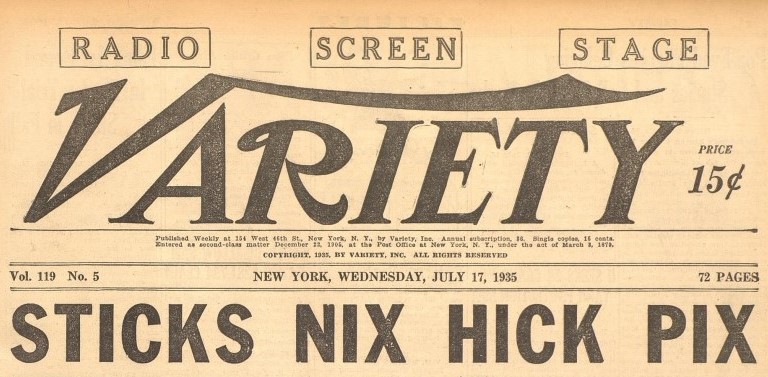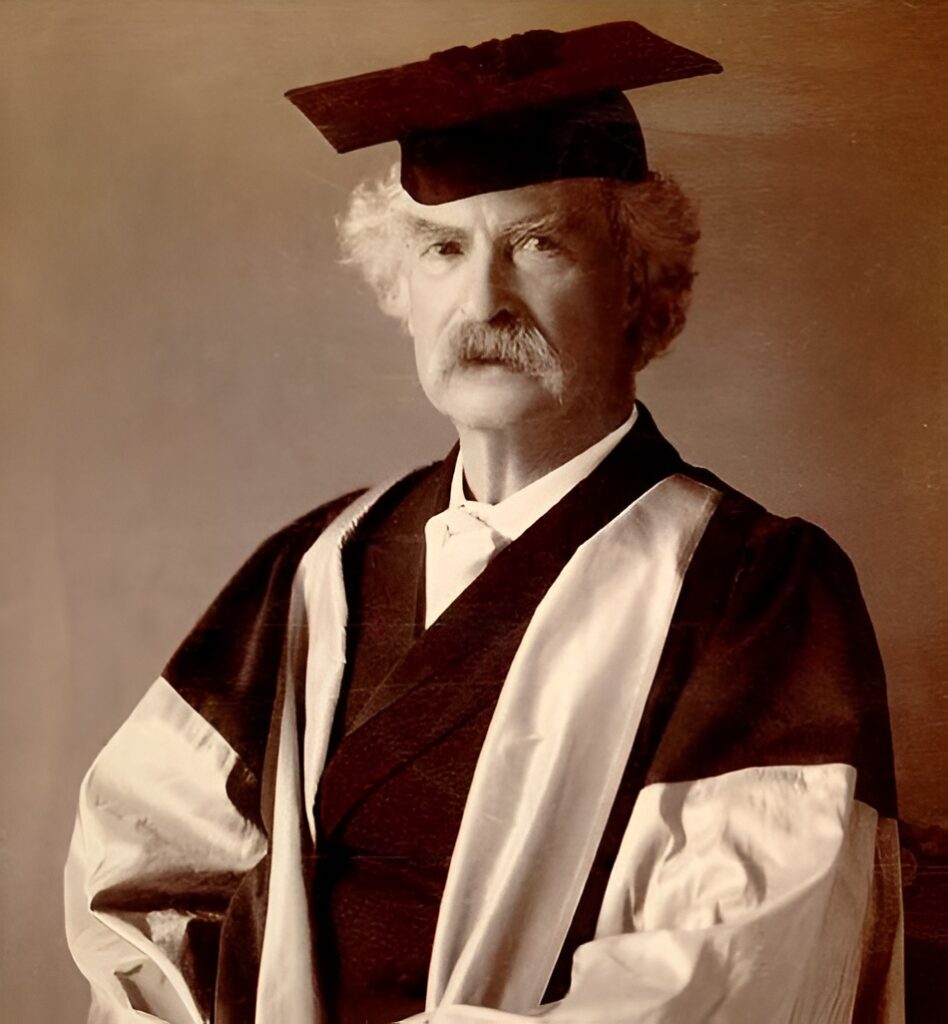Damien Hirst? Christo Javacheff? Jeanne-Claude Denat de Guillebon? William Quinn? Elizabeth Marr Goldman? Anonymous?

Question for Quote Investigator: Harsh critics of readymade art, installation art, and other forms of modern art assert that the works are trivial. Skeptics also claim that only a miniscule amount of serious effort is required to conceive this type of art. However, artists and sympathetic commentators counter this viewpoint by arguing that substantial original and creative thought is needed to envision a novel artwork. This disagreement is aptly represented via the following concise dialogue:
“I could do that.” “Yeah, but you didn’t.”
Did a famous artist ever deliver this rejoinder? The remark has been attributed to English artist Damien Hirst and Bulgarian artist Christo Javacheff? Would you please help me to find a citation?
Reply from Quote Investigator: In 1975 journalist Pete Golismet met with the controversial artist Christo Javacheff who was collaborating with his wife Jeanne-Claude Denat de Guillebon on a spectacular large-scale installation artwork called “Running Fence” in California. Golismet and Christo discussed a previous artwork constructed and sold by Christo. Boldface added to excerpts by QI:1
A friend of mine likes to interrupt constructive dialogue by asking brightly, “But what does it all mean?” That’s sort of the way I feel about Christo Javacheff’s cross country curtain.
What does it all mean?
Christo once showed me a photo of an old motorcycle he wrapped in rope and plastic sheets, and sold for several thousand dollars.
“But I could have done that,” I said, “Ahhh,” he smiled, “but you didn’t!”
QI believes that Christo Javacheff deserves credit for this response. He was conversing with journalist Pete Golismet. Other artists such as Damien Hirst have made similar responses as shown in the remainder of this article.
Here are additional selected citations in chronological order.
Continue reading “Dialogue Origin: “I Could Have Done That” “Ahhh, But You Didn’t!””







